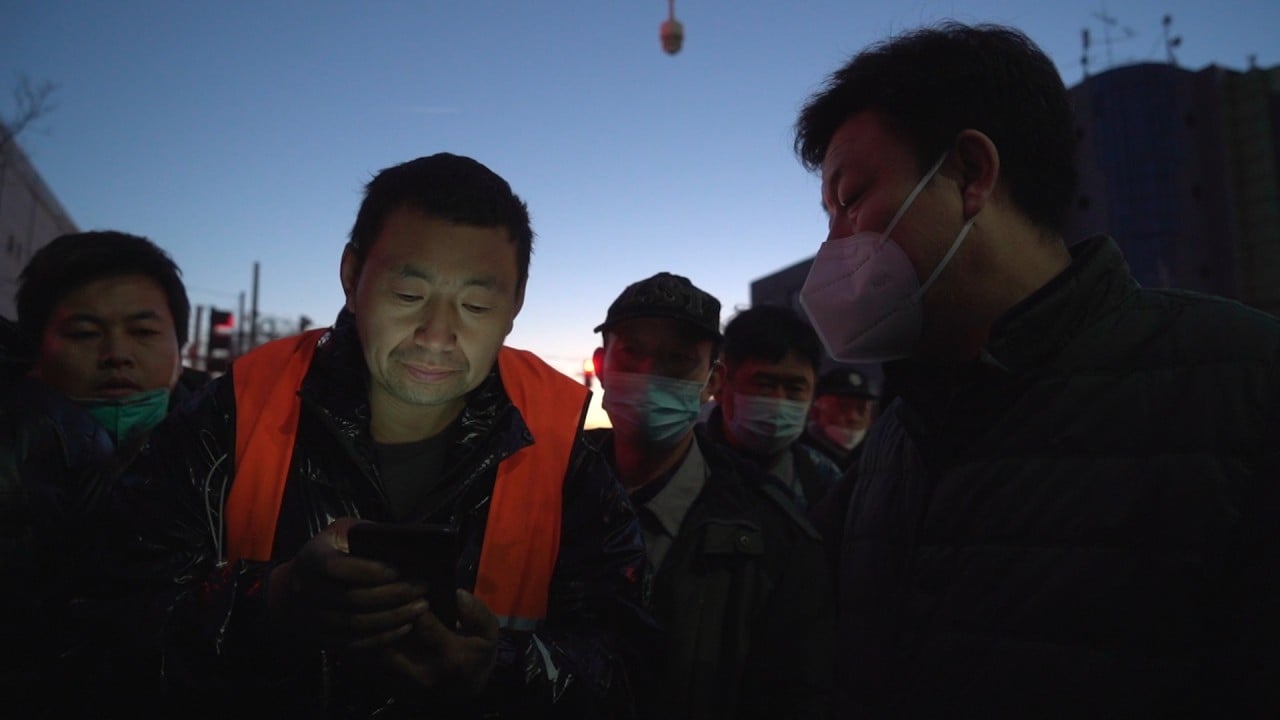
China stock rally stutters as Goldman Sachs report shows reopening exuberance fading amid spending, property worries
- Money managers remain unconvinced about the strength and speed of China’s recovery, a Goldman Sachs report says
- ‘China’s experiences suggest property down cycles have always been associated with weak household consumption,’ the US investment bank says
Sluggish consumer spending and a property market that remains in the doldrums are making money managers who invest in Chinese stocks cautious about the strength and speed of China’s recovery, according to Goldman Sachs.
While there is a consensus view that China’s economy will bounce back this year after the removal of all Covid-19 restrictions, investors are not convinced about the timing or magnitude of the recovery, the US investment bank said in a report based on meetings with both onshore and offshore fund managers at asset-management firms and insurance companies.
Local traders expect a slow recovery in household consumption this year because of the weakening home market and fallout from three years of pandemic curbs, economists led by Maggie Wei and Hui Shan wrote in the report, released on Friday. Efforts to arrest the downturn of the real-estate sector have not translated into a material industry-wide recovery so far, they said.
“China’s own experiences suggest property down cycles have always been associated with weak household consumption,” the report said. “Local investors therefore question, without the stabilisation or rebound of the property sector, whether relaxation of Covid controls alone could generate high single-digit year-over-year growth in household consumption.”
Offshore investors are more upbeat about the consumption recovery than local traders, given the experience of overseas economies after reopening. But they share local investors’ concerns about the outlook for the property market, according to the report.
Concerns about the sustainability of China’s recovery from Covid-19 have been mounting after a surge of 54 per cent on the Hang Seng Index since the end of October, which fuelled worries that gains in stocks had overshot fundamentals.
China reopening ‘overhyped’ as stock losses hit latecomers amid fresh US spat
Sentiment has turned more cautious in February due to an increase in geopolitical risk after the recent spy balloon incidents and after a robust US jobs report raised the possibility that the Federal Reserve will pivot back to a more hawkish stance on interest rates. The Hang Seng gauge is down about 7 per cent from a January high.
Local investors expect accommodative policies to stay in place to help the government to achieve the growth target of 5 per cent for the year, and they also anticipate strong credit growth to continue through the first quarter after commercial banks extended a record 4.9 trillion yuan (US$717.2 billion) in new loans in January, Goldman Sachs said. However, the odds of Beijing reducing borrowing costs or the reserve requirement ratio for banks appear low, it added.
The data has failed to excite the market, with the readouts from some investors saying that aggregate credit growth beyond bank lending remained subdued, while household loans, a proxy for mortgage lending, were still sluggish.
China’s inflation inched up over holiday, but reopening no ‘silver bullet’
Traders will not be able to gain a full picture of the economy until the middle of March, as China does not publish monthly key data, such as retail sales and industrial output, in January and February due to distortion by the Lunar New Year holiday.
The potential for fresh outbreaks of Covid-19 in the next few months also continues to weigh on stocks, Goldman said in the report.
Additional reporting by Jiaxing Li.


